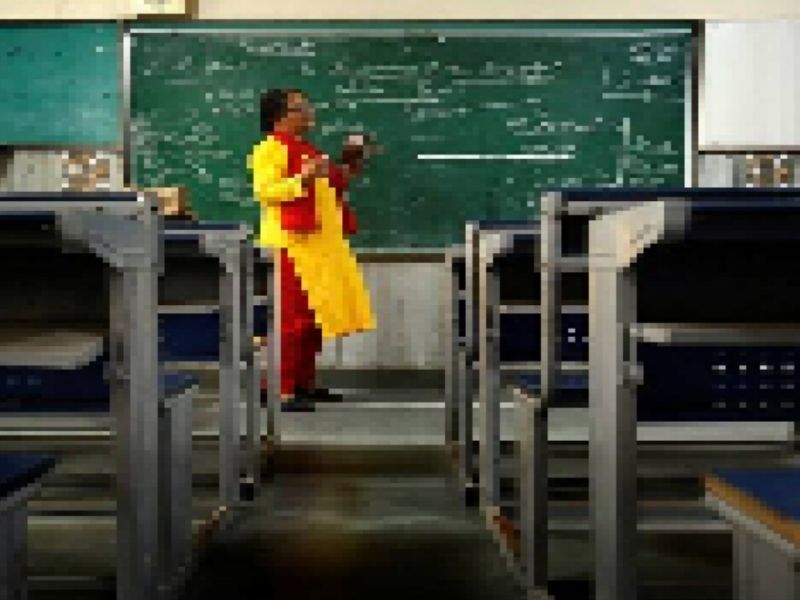States universities have at least 4,600 unfilled posts as per the data of the Department of Higher Education.
Among these varsities, Karnataka University leads with the highest number of vacant teaching and non-teaching positions, totaling 1,263 unfilled posts (414 teaching and 849 non-teaching posts).
This is followed by Bangalore University and the University of Mysore. This list of vacancies across the state’s public universities was submitted to the Legislative Council in response to an unstarred question posed by MLC Umashree. Earlier sessions of the government had acknowledged that around 77% of posts in public universities remain vacant.
According to the department, a prolonged recruitment freeze has led to a significant gap in university staffing. According to the department’s data, Bangalore University has 1,006 vacancies, 772 of which are non-teaching. The University of Mysore has 380 vacant teaching positions and 367 non-teaching posts.
Other universities with substantial numbers of unfilled posts include Karnataka State Open University (598), Gulbarga University (577), and Mangalore University (507). In Bengaluru, Maharani Cluster University has 423 vacancies, while Bengaluru City University has 266 unfilled posts.
Officials from Karnatak University stated that approximately 1,800 faculty members have retired, and classes are being managed by guest faculty and contract employees. Bangalore University Vice-Chancellor Jayakar Shetty noted that the institution is managing the vacancies through guest lecturers and outsourced workers.
“We have been filling backlog vacancies. Of the 55 backlog posts, 35 are filled, and 20 remain vacant. If the government approves, we will fill them as well,” he explained.
Maheshappa H, Secretary of the Forum of Former Vice-Chancellors of Karnataka, said, “Universities are operating with guest lecturers. How can this ensure quality? Our universities struggle in rankings primarily due to a shortage of teachers. Research, innovation, and entrepreneurship—key factors in rankings—are severely affected. How can guest lecturers contribute to any of this.”
(Inputs from TOI)
Posted in News, States























